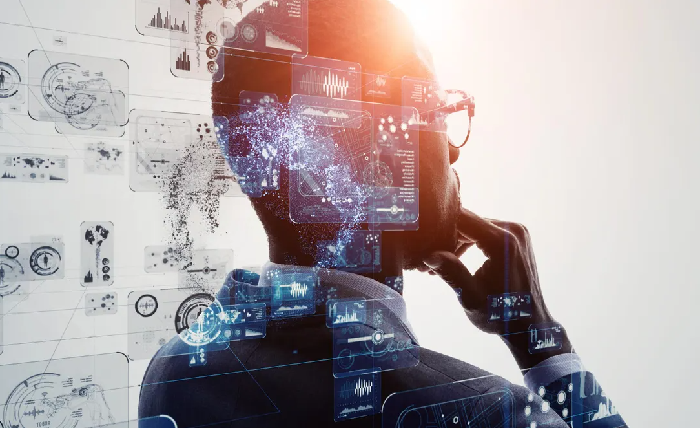The future of work: a discussion on robotics

As technology advances, the idea of robotics in the workplace has become increasingly relevant. From self-driving cars and factory automation to robots handling customer service tasks and performing medical procedures – artificial intelligence (AI) and robotics are quickly becoming a reality. This paradigm shift brings complicated questions about job losses, workforce development strategies, and ethical considerations.
This article will explore these implications and the potential job opportunities that new technologies might create. Join us on a journey into the future of work to discover how innovations in AI and robotics can shape our economic landscape for generations to come.
What is the future of work with robotics and automation taking over many jobs traditionally done by humans?
The future of work is an exciting yet uncertain topic, with the increasing presence of robotics and automation in many industries. Some may fear machines taking over their jobs, while others see them as an opportunity for innovation and growth. Automation is not new and has been part of the workforce since the Industrial Revolution.
However, with the rise of advanced technologies such as artificial intelligence and machine learning, the roles machines can now perform are becoming more complex. It’s important to acknowledge that while some jobs may become obsolete, there will also be new job opportunities as these technologies advance. The future of work is a constantly evolving landscape, and it will be up to us humans to adapt and embrace these changes.
How will this impact people’s lives and job security in the years to come
The impact of automation and robotics on people’s lives is an area of much debate. On the one hand, the shift to automation could help reduce business costs and make specific processes more efficient; however, it could also mean increased job insecurity for human workers. Furthermore, the lack of human interaction in automated jobs could lead to social isolation and decreased overall morale.
To ensure that everyone has the best chance at job security, governments should invest in workforce development strategies to equip citizens with the skills and knowledge needed to succeed in this new landscape. It means encouraging re-training programs or providing incentives for businesses to invest in advanced technologies such as AI and robotics. There also needs to be an investment in research programs that explore ethical considerations for using these technologies in the future.
How can people stay ahead of the curve regarding job search and re-training for new skills?
The best way to stay ahead of the curve regarding job search and re-training is to be proactive. By keeping up with trends in the industry, you can better understand where potential opportunities may lie and equip yourself with the skills needed for success. A variety of online courses available can help sharpen your understanding and skill set in critical areas such as data science, machine learning, AI, or even manufacturing robots.
It’s also essential to invest time into networking and building relationships with other professionals in the field; this could open up new opportunities that you may have yet to come across. Ultimately, it’s essential to remain flexible and willing to learn new things throughout your career journey – no matter how challenging.
What are some industries that automated tasks may most impact?
While automation and robotics can be applied to almost any industry, there are some that the introduction of automated tasks may most impact. These include manufacturing robots, transportation, healthcare, and customer service. Automation has already begun taking over specific manufacturing roles, such as quality control or assembly line work.
In transportation, self-driving cars could revolutionize the way we commute; while in healthcare, robots have been used to assist with surgeries. Finally, AI chatbots are becoming increasingly popular for providing customer service on websites and various platforms.
What type of legislation needs to be put in place to protect workers from technological advances
Governments must implement appropriate legislation to protect workers from the potential risks of automation. It could include providing financial compensation or job re-training programs for those who have lost their jobs due to automation. Additionally, there need to be adequate safety regulations in place to ensure that these robots are not causing any harm to humans and other living beings.
It’s also essential for businesses to invest in ethical considerations when using these technologies; this means ensuring that the privacy and data of employees are kept safe, and work practices are fair and inclusive. Ultimately, it’s up to us all to ensure that future generations can benefit from technological advances without fear of losing their jobs or livelihoods.





